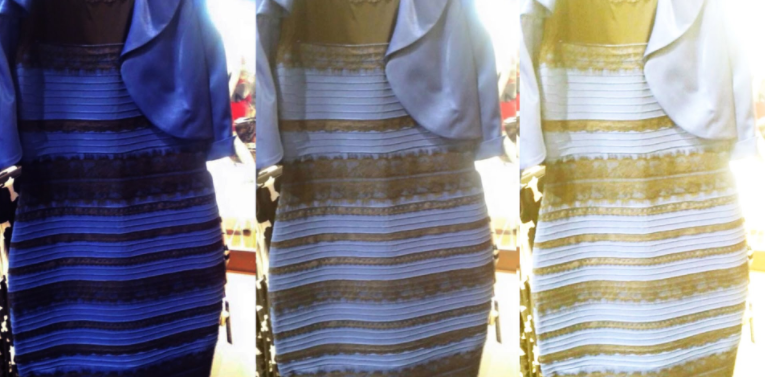 Remember the pralines!
Remember the pralines!
If you’re like most people, you don’t think about memory much at all. If you were to think of memory you might think of it working like a computer. You have an experience. The experience gets encoded and uploaded into your brain. Later you can retrieve it, or it can come back to you automatically, like Proust traveling back in time when he smelled that praline.
The fact is that science doesn’t know exactly how memory works. There is even debate about how malleable it is. Memory seems to play a key role in developing and maintaining social relationships, which are, in turn, essential to maintaining mental and physical health. Memory can be distributed between couples, within families, and throughout a larger culture. In fact, as that last link shows, memories can be altered through social contagion, like when your mom tells you that that story you’ve been telling about that weird thing you did that one summer vacation actually belongs to your sibling, or when a whole group misremembers something. One thing we do know is that memory is falsifiable to an alarming degree.
OK, 33rd, I imagine hearing you say, that’s funny and everything, but where is the conspiracy in this? Well, you, I answer, I’m glad you asked.
Remember the Berenstain Bears syndrome, later named the Mandela effect? And how it has been debunked? One of our favorite topics here at 33 HQ is The Plot to Disrupt the Collective Consciousness (by agency or agencies unknown). I’m going to make the case that you, dear citizen, have been Operation Mindfucked.
Do you remember thinking how weird the “What color is the dress?” debate was? Like why is this even a thing? And then there was the popularization of the term “gaslighting“. But, you continue, dafuq do gaslighting, memory falsification, the Mandela effect and the color of that tacky ass dress have to do with each other?
Apophenia, Engage!
“Gaslighting is a form of manipulation that seeks to sow seeds of doubt in a targeted individual or members of a group, hoping to make targets question their own memory, perception, and sanity. Using persistent denial, misdirection, contradiction, and lying, it attempts to destabilize the target and delegitimize the target’s belief.”
-Wikipedia
April 3, 2017
Around the water cooler in the 33 P office suite, we had long speculated on what possible benefit undermining people’s confidence in their own judgment might have if we were a sinister organization concerned only with power for power’s sake. And then, while researching the occult roots of Scientology we turned up this paper by the Godfather of hypnosis (and primary progenitor of NLP), Milton H. Erickson, MD.
In case you can’t be bothered to click on the links, I’ll paste the most relevant bit below, but first I am going to berate you for taking our word for anything. You should definitely realize that we are recklessly irresponsible in our storytelling and probably just a tad bit paranoid as hell. Still, suit yourself. Here is what the good doctor said about his famous confusion technique:
“In essence, it is no more than a presentation of a whole series of individually differing, contradictory suggestions, apparently all at variance with each other, differently directed, and requiring a constant shift in orientation by the subject…one may systematically build up a state of confusion …, until a retreat from the confusion by a complete acceptance of the suggestions of the moment becomes a greatly desired goal.”
It’s worth noting that the word here is “suggestions”, not “commands”. When they just tell us what to do, it’s easy for us to say some variation of “No, fuck off,” depending on the power dynamic. I might have more success if I was less direct and you were less wary. For example, if I were to tell you “buy a Coke,” you might agree, but if you disagree I am stuck with a power struggle and most likely no sale. I’ll have a better chance of selling you something if I say “would you prefer a Coke or a Pepsi?” in which case the suggestion is that you would like something to drink and that you will prefer one of the options over the other. Oversimplification is radically oversimplified but illustrative.
The Conspiracy
So here’s the conclusion we’ve come up with, based on pure paranoid guess work:
There is at least one invisible power which launched a concerted memetic attack on the collective consciousness of the English-speaking world, in order to radically disrupt culture and replace it with a more (unconsciously) obedient one.
Towards what ends, we can only speculate…
More on false memories in the pod.
My attorneys have informed me that it may be both morally and ethically right to leave this comment.
LikeLike
Get out of my head!
LikeLike
Question everything.
There is little doubt that there are numerous psyops in play to deviate an individual from being Sovereign.
I had a friend in the past who kept on falling down the next available rabbit hole.
LikeLiked by 1 person